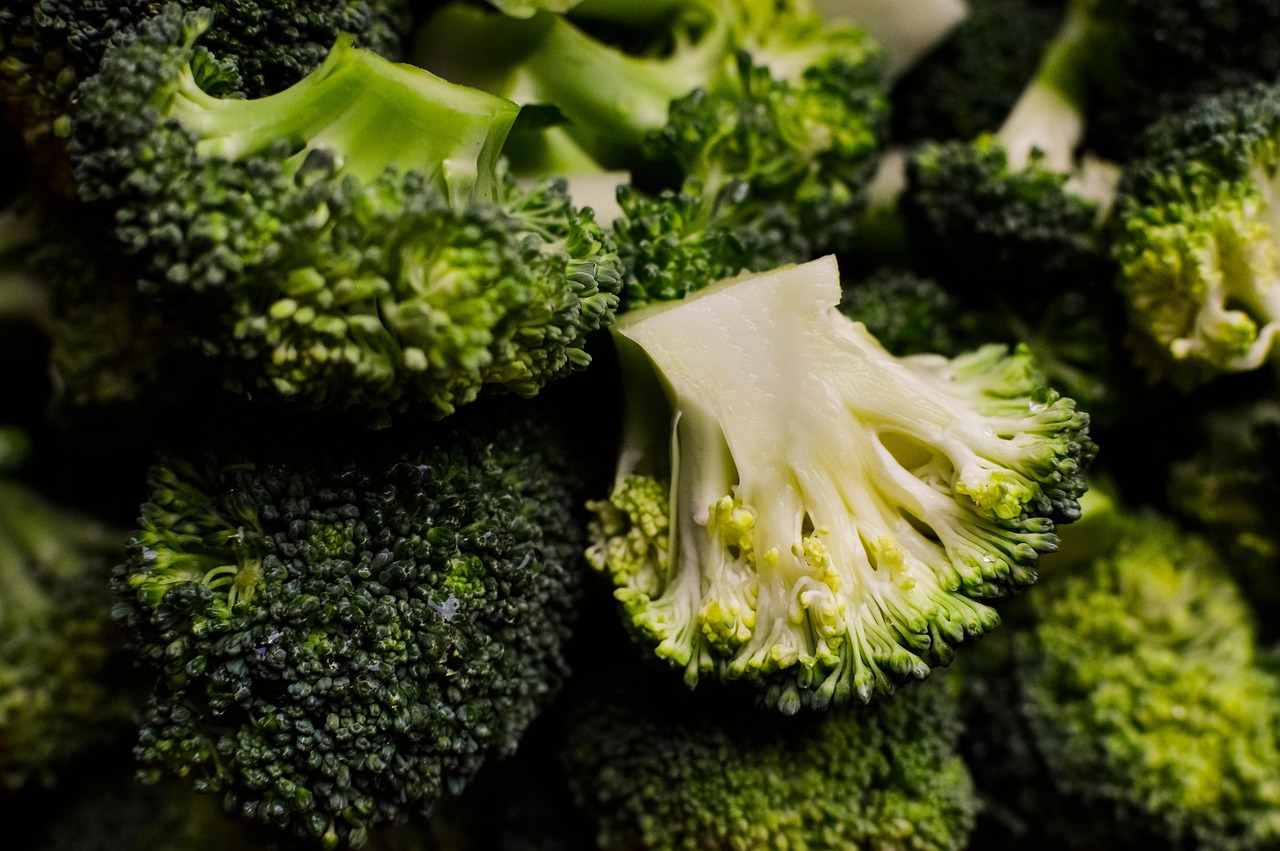“`html
In today’s fast-paced world, where physical activity is a cornerstone of a healthy lifestyle, understanding sports nutrition has become more crucial than ever. With athletes pushing their physical limits and fitness enthusiasts striving for optimal performance, the right nutrition can serve as a game-changer. Sports nutrition isn’t just about protein shakes and carb loading; it’s about fueling your body with the right balance of nutrients to enhance performance, recovery, and overall well-being. In this blog post, we will delve into the essentials of sports nutrition, providing you with the knowledge to optimize your dietary practices for peak athletic performance.
The Basics of Sports Nutrition
Understanding sports nutrition starts with recognizing the fundamental nutrients your body requires.
Macronutrients Explained
Macronutrients provide energy for your workouts and daily functions. They include:
- Carbohydrates: The primary source of energy, especially for high-intensity activities.
- Proteins: Essential for muscle repair and growth.
- Fats: Important for endurance activities and providing essential fatty acids.
Micronutrients Matter
Vitamins and minerals are crucial for metabolic processes, and deficiencies can lead to decreased performance.
- Iron: Essential for oxygen transport in the blood.
- Calcium: Important for bone health and muscle contractions.
- Vitamin D: Supports bone health and may influence muscle function.
Nutritional Timing
When you eat can be just as important as what you eat in relation to your performance and recovery.
Pre-Workout Nutrition
Consume a balanced meal or snack about 2-3 hours before exercising. Focus on:
- Complex carbohydrates (e.g., whole grains, fruits) for sustained energy.
- Lean proteins (e.g., chicken, tofu) for muscle support.
- Healthy fats (e.g., avocado, nuts) for overall health.
Example: A bowl of oatmeal topped with banana and a scoop of peanut butter provides a well-rounded pre-workout meal.
Post-Workout Nutrition
After exercising, it’s important to replenish lost nutrients:
- Consume a combination of carbs and protein within 30 minutes.
- Hydrate adequately; water is essential, but electrolyte drinks can be beneficial after intense sessions.
Example: A smoothie with protein powder, spinach, mixed berries, and almond milk can kickstart recovery effectively.
Hydration Strategies
Staying hydrated is paramount, especially for athletes engaging in prolonged physical activity.
Understanding Fluid Needs
- General guideline: Aim for at least 8-10 cups of water per day.
- For athletes: Increase intake based on activity duration, temperature, and humidity.
Hydration Tips
- Start hydrating well before a workout.
- Use a hydration app to track your intake.
- Monitor urine color: pale yellow indicates proper hydration.
Supplements and Performance Enhancement
While whole foods should be the foundation of any sports nutrition regimen, certain supplements can complement a balanced diet.
Popular Sports Supplements
- Protein Supplements: Quick and convenient options for post-workout recovery.
- Creatine: May improve strength and high-intensity performance.
- Beta-Alanine: Can enhance endurance in high-intensity exercises.
However, always consult with a healthcare professional before introducing supplements into your routine.
Natural Alternatives
Consider whole food sources for supplementation:
- Greek Yogurt: Great source of protein and probiotics.
- Bananas: Natural source of potassium and carbohydrates.
Practical Tips for Athletes
Optimizing your sports nutrition doesn’t have to be complicated. Here are some practical tips:
- Plan Meals Ahead: Pre-pack meals for busy days or travel.
- Listen to Your Body: Adjust your intake based on your training and energy levels.
- Keep a Food Journal: Tracking what you eat can identify areas for improvement.
Example: A busy athlete can prepare protein-packed snacks (like energy balls) for on-the-go nutrition.
Conclusion
Understanding and implementing proper sports nutrition is essential for athletes and fitness enthusiasts alike. By focusing on a balanced intake of macronutrients and micronutrients, timing your meals around workouts, and maintaining hydration, you can significantly enhance your performance and recovery. Remember to prioritize whole foods, but use supplements wisely if necessary. With these practices in mind, you’ll be well on your way to achieving your athletic goals and maintaining a healthier lifestyle.
“`



